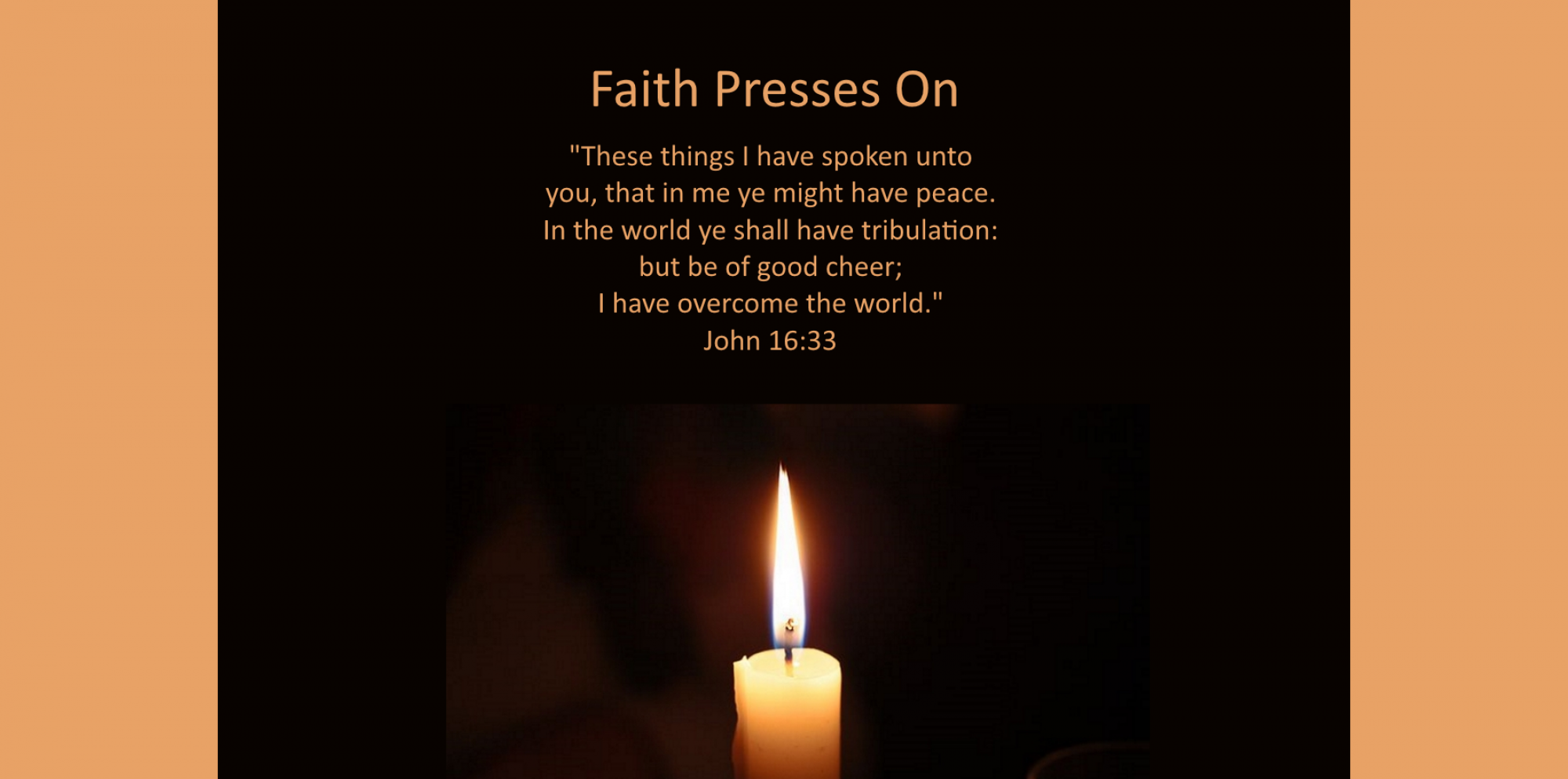By Erika Schwibs
I’ve been focusing on 5 and 16, as in 3(5)+1=16. 15/16 is the lowest combo that goes to 4, 2, 1.
This is a work in progress, and I didn’t major in math, so for right now, first notice the progressions, like numbers 1, 4, 7, increasing by 3. Another increases by 16. The result is equations for some glides, I believe they’re called.
First, 5A+B=C, where A begins with 1 and increases by 3, B begins with 0 and increases by 1, and C begins at 5 and increases by 16:
1×5+0=5
4×5+1=21
7×5+2=37
10×5+3=53
13×5+4=69
16×5+5=85
19×5+6=101
22×5+7=117
25×5+8=133
28×5+9=149
31×5+10=165
34×5+11=181
37×5+12=197
Etc.
Insert these products (5, 21, 37, etc.) as x into 3x+1, on the left side of the equation. The products on the right side, in turn, will increase by 48 and also be the products of 16 and another number, starting with 1 (as in 16=16×1), and that number will increase by 3:
3(5)+1= 16 =16×1
3(21)+1= 64 =16×4
3(37)+1= 112 =16×7
3(53)+1= 160 =16×10
3(69)+1= 208 =16×13
3(85)+1= 256 =16×16
3(101)+1= 304 =16×19
3(117)+1= 352 =16×22
3(133)+1= 400 =16×25
3(149)+1= 448 =16×28
3(165)+1= 496 =16×31
3(181)+1= 544 =16×34
3(197)+1= 591 =16×37
Etc.
Of course, if you have one side, you can solve for the other. I’ve put this into the form 3x+1=16y.
If y=10:
3x+1=16(10)
3x+1=160
3x=159
x=53
If x=53:
3(53)+1=16y
159+1=160=16y
y=10
And this, too. B begins with 1, and increases by 3. If b=37:
3(5a+b)+1=16a
3(5a+37)+1=16a
15a+111+1=16a
112=a
Meaning*:
(*From here on out, I’m using a period to represent multiplication).
3(5.112+37)+1=16.112
1791+1=1792
The number 1792 is divisible by 2 all the way down to the number 7.
Another example. If b=10:
3(5a+10)+1=16a
15a+30+1=16a
31=a
3(5.31+10)+1=16a
3(165)+1=16a
495+1=496=16a
31=a
496 is divisible by 2 down to the number 31.
And a third example. If b=9:
3(5a+9)+1=16a
15a+27+1=16a
28=a
So:
3(5.28+9)+1=16.28
3(140)+27+1=16.28
420+27+1=16.28
=448
448 is divisible by 2 down to the number 7.
If b=8:
3(5a+8)+1=16a
15a+24+1=16a
a=25
3(5.25+8)+1=16.25
3(125+8)+1=400
3(133)+1=400
399+1=400
400 is divisible by 2 down to the number 25.
